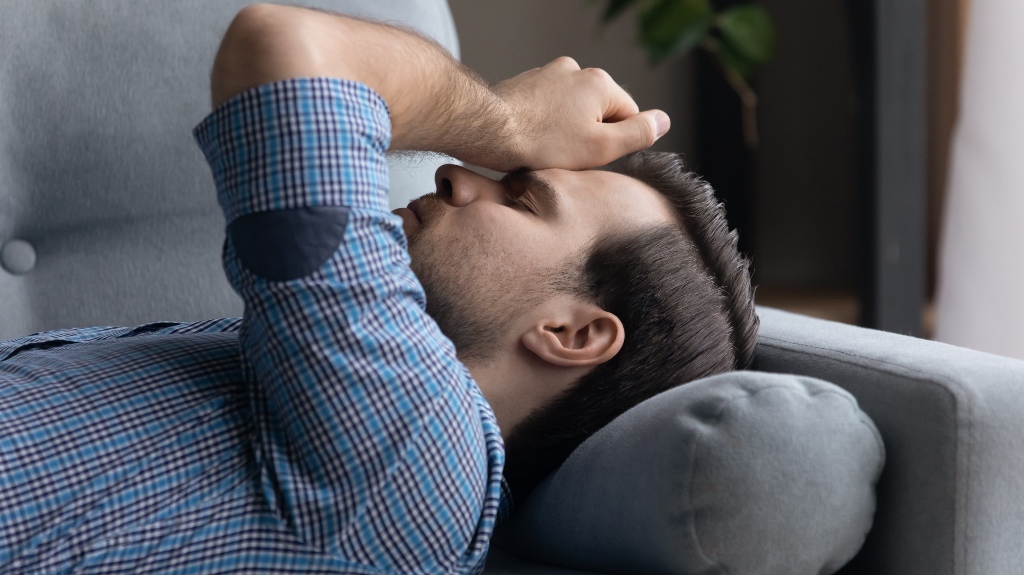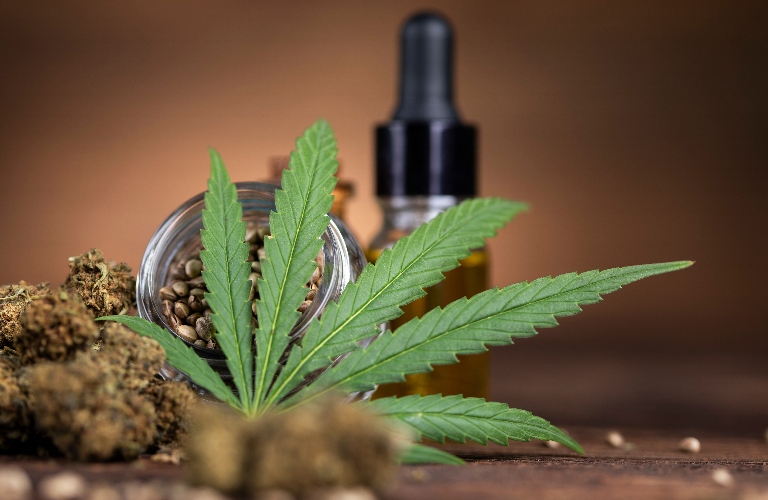
As Oklahoma continues to expand access to medical marijuana, many residents are exploring cannabis as a potential treatment for mental health conditions such as anxiety, depression, and post-traumatic stress disorder (PTSD). While some patients report significant relief, others experience adverse psychological effects. Understanding both the therapeutic potential and the risks is essential for patients, providers, and legal professionals navigating Oklahoma’s medical marijuana landscape.
The experienced attorneys at Brune Law Firm can help you understand how marijuana use can affect your health and your legal rights. Schedule a consultation today to learn more.
Legal Context: Medical Marijuana in Oklahoma
Oklahoma law permits the use of marijuana for medical purposes with a valid license issued by the Oklahoma Medical Marijuana Authority (OMMA). Unlike many states, Oklahoma does not require a specific qualifying condition, allowing licensed physicians broad discretion in recommending cannabis. This flexibility has made marijuana widely accessible, including for individuals seeking relief from mental health symptoms.
However, recreational use remains illegal, and misuse or unlicensed possession can result in criminal penalties. The legal distinction between medical and non-medical use is critical when evaluating the mental health implications of cannabis consumption.
Cannabis and Anxiety: Relief or Risk?
Many Oklahoma patients turn to marijuana to manage anxiety symptoms, citing its calming effects and ability to reduce stress. Certain strains, particularly those high in cannabidiol (CBD) and low in tetrahydrocannabinol (THC), may help regulate mood and promote relaxation.
Potential Benefits:
- Reduced social anxiety and panic symptoms
- Improved sleep quality
- Temporary relief from acute stress
Risks and Considerations:
- High-THC strains may trigger or worsen anxiety and paranoia
- Overuse can lead to dependency or rebound anxiety
- Individual response varies based on dosage, strain, and underlying conditions
Patients with generalized anxiety disorder or panic disorder should consult a licensed physician before initiating cannabis treatment, as improper use may exacerbate symptoms.
Cannabis and Depression: A Complex Relationship
Depression is another condition for which Oklahoma residents commonly seek medical marijuana. Some users report mood elevation and increased motivation following cannabis use, particularly with strains that promote dopamine release.
Potential Benefits:
- Short-term mood enhancement
- Increased appetite and sleep regulation
- Relief from emotional numbness
Risks and Considerations:
- Long-term use may impair emotional regulation
- THC can disrupt serotonin balance, worsening depressive symptoms
- Cannabis may mask underlying issues without addressing root causes
While marijuana may offer temporary relief, it is not a substitute for comprehensive mental health care. Patients should pursue integrated treatment plans that include therapy, medication, and lifestyle changes.
Cannabis and PTSD: Promising but Cautious Use
PTSD affects many Oklahomans, including veterans, trauma survivors, and first responders. Cannabis has shown promise in reducing flashbacks, nightmares, and hypervigilance, especially when used under medical supervision.
Potential Benefits:
- Reduction in intrusive thoughts and nightmares
- Improved emotional regulation
- Enhanced sleep and reduced insomnia
Risks and Considerations:
- THC may intensify dissociation or emotional blunting
- Improper dosing can trigger anxiety or panic
- Cannabis may interfere with trauma-focused therapy outcomes
Patients with PTSD should work closely with both mental health professionals and OMMA-licensed physicians to ensure safe, effective use. Monitoring strain selection, dosage, and frequency is critical to minimizing adverse effects.
Legal and Clinical Best Practices in Oklahoma

Given the nuanced relationship between marijuana and mental health, Oklahoma providers and legal professionals must approach cannabis use with caution and clarity. Key recommendations include:
- Medical Oversight: Ensure cannabis use is supervised by a licensed physician familiar with mental health conditions.
- Documentation: Maintain clear records of diagnosis, treatment rationale, and cannabis regimen to support legal compliance.
- Legal Awareness: Understand the distinction between licensed medical use and recreational possession to avoid criminal liability.
- Integrated Care: Encourage patients to pursue therapy, medication, and lifestyle interventions alongside cannabis treatment.
Learn More About Cannabis Use and Your Legal Rights
Marijuana use for anxiety, depression, and PTSD presents both opportunities and risks for Oklahoma residents. While medical cannabis may offer symptom relief, it also carries potential for adverse psychological effects. A balanced, informed approach grounded in medical guidance and legal compliance is essential for safe and effective use.
Let the experienced lawyers at Brune Law Firm assist you with your marijuana-related legal needs. Contact us today for a consultation.

